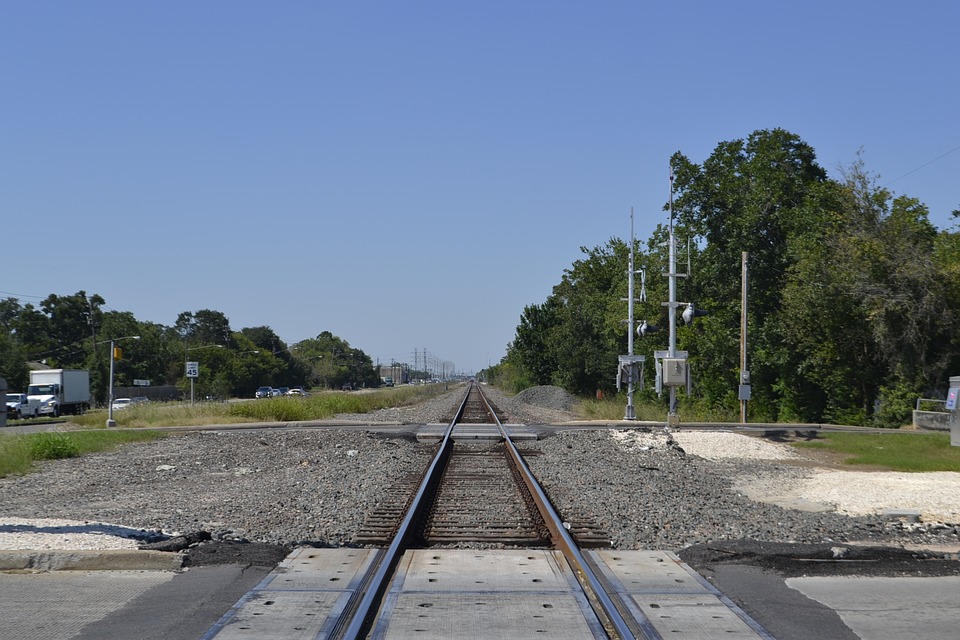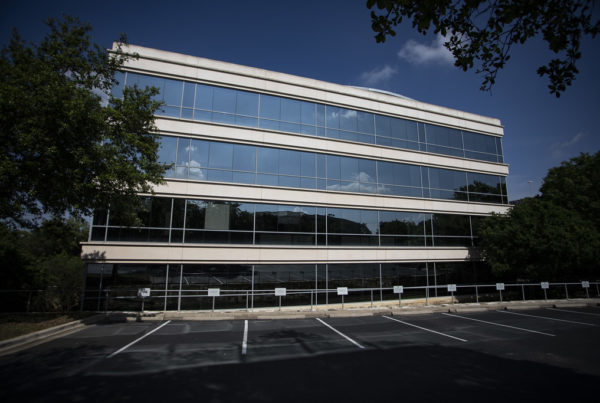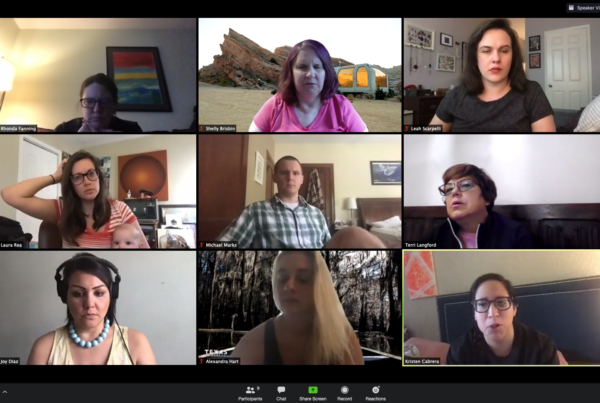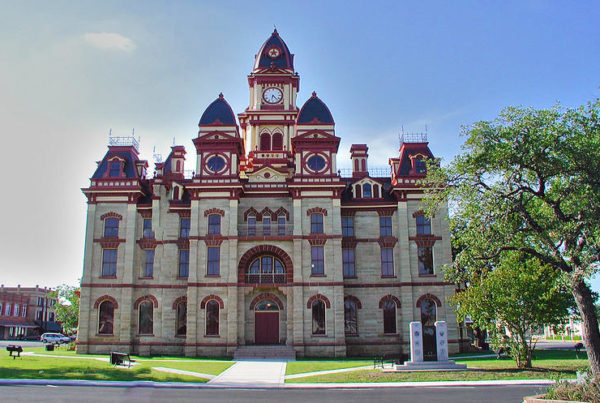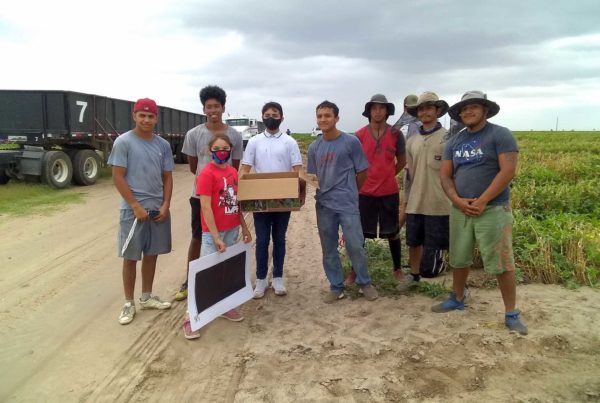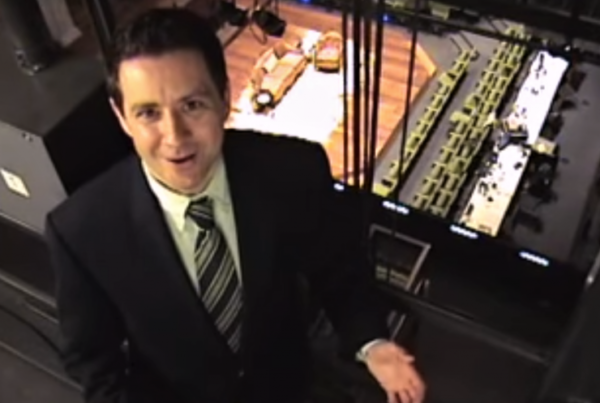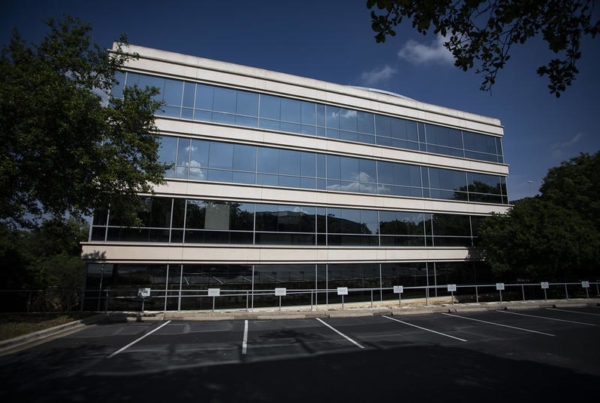Last week, Texas’ 13th District Court of Appeals determined that the company, Texas Central, is indeed a railroad, despite not yet operating my trains. That decision gives the company the ability to use eminent domain to secure the land needed for its planned high-speed rail line between Dallas and Houston.
The decision was a disappointment to landowners and property rights advocates who oppose the project.
Evan Hoopfer is transportation reporter for the Dallas Business journal. He told Texas Standard host David Brown on Wednesday that the use of eminent domain will be essential for the project to move forward.
“Texas Central has only about a third of the land that they need to build this project. It’s evident that some ranchers will never sell to this company of their own volition, and so they need that eminent domain,” he said.
If the project goes forward, it would be one of the most significant in the state’s history. The company launched in 2012, and plans a railroad that will carry travelers between Dallas and Houston in 90 minutes, with trains traveling at about 200 mph. One stop is planned near Texas A&M University, which is in College Station. The project is estimated to cost $28 billion.
Hoopfer estimated that the company will likely have to use eminent domain to acquire 25% to 50% of the land needed for the project.
Landowners who oppose the project argue they won’t benefit from the railway since no stops are planned, except for the one near College Station.
“The main opposition is, with previous eminent domain projects, there’s been benefit to the rural landowners. There is none with this project,” Hoopfer said.
But the legal matter is far from resolved. Landowners intend to take their case to the state Supreme Court.
The coronavirus pandemic has also had an effect on Texas Central. The company recently laid off 28 employees. Hoopfer said it’s unclear whether the company can wait out the current economic climate until investors are ready to put their money into such a project.
Web story by Caroline Covington.
If you found the reporting above valuable, please consider making a donation here. Your gift helps pay for everything you find on texasstandard.org and Texas Public Radio. Thanks for donating today.


